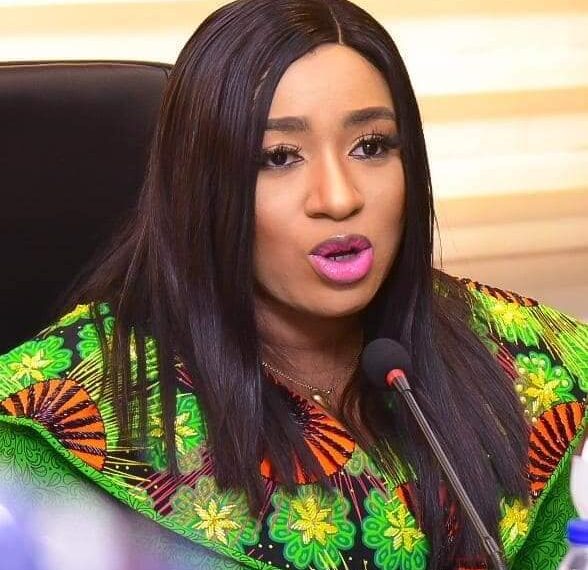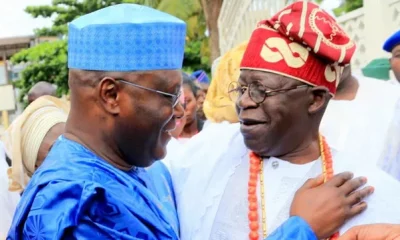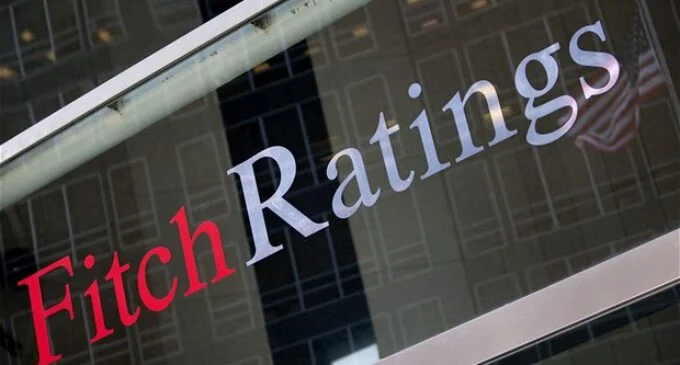The Minister of Humanitarian Affairs, Betta Edu, on Friday, admitted as genuine a 20 December 2023 memo which shows that she requested the Accountant General of the Federation, Oluwatoyin Madein, to transfer public fund – N585.2 million – into a private account of an official in her ministry.
The transfer contravenes various sections of Nigeria’s Financial Regulations 2009, which are meant to prevent fraud and other forms of corruption.
According to the minister’s memo, the fund in question was transferred from the National Social Investment office account and is meant for disbursement to vulnerable people in Akwa Ibom, Cross River, Lagos, and Ogun states, under the federal government poverty intervention project called Grants for Vulnerable Groups.
Mrs Edu said in the memo that the official, Bridget Oniyelu, whose private account with the United Bank of Africa the N585.2 million was paid into, is the project accountant.
The minister said in the memo that N219.4 million is to be transferred to the vulnerable people in Akwa Ibom State, N73.8 million to Cross River State, N219.4 million to Lagos State, and N72.4 million to Ogun State.
The memo has gone viral on X, while Mrs Edu has been trending for about two days now on the microblogging platform.
Betta Edu’s memo adds another layer of scandal to the ongoing EFCC investigation of the suspended National Coordinator of the National Social Investment Programme Agency (NSIPA), Halima Shehu, over alleged N37.1billion fraud in the Ministry of Humanitarian Affairs.
Mrs Shehu, in December, said over 1.5 million households in the country have received N20,000 from the Conditional Cash Transfer programme of the federal government.
The fraud allegations now taint the government intervention programme.
Mrs Edu’s predecessor, Sadiya Umar-Farouk, is being investigated by the EFCC for alleged fraud.
Edu’s reaction to leaked memo
Through her media aide, Rasheed Zubair, the minister claimed the memo was leaked as part of a plot to blackmail her.
“It is glaring that the same sponsored disgruntled elements who, in the past few days have been trying to smear the Honourable Minister, Dr Betta Edu and stain her integrity because she alerted the government on the ongoing N44.8 Billion Fraud in NSIPA. These elements have been trying to link her to a phantom fraud and are behind this latest misadventure,” a statement on Friday from the minister’s media aide stated.
“The evil motive of the mischief-makers behind the circulation of the memo is well-known and should be ignored.
“Of note is the fact that since assumption of duty about five months ago, the Minister has religiously visited different parts of the country like Borno, Zamfara, Niger, Kogi, Plateau, Nasarawa, FCT, Lagos Cross River etc, and this is done to ensure she delivers on her mandate, she remains focused unbiased and committed to duty,” the statement added.
Questions minister Betta Edu must answer
The minister’s response to the leaked memo, however, failed to address some pertinent questions, begging for answers:
1. Nigeria’s Financial Regulations 2009 does not empower Minister Betta Edu to originate payment requests directly since she is not the ministry’s accounting officer. By making a permanent secretary the accounting officer of a ministry, the intent of the law is to insulate government business from politics and allow government affairs to run smoothly and professionally on some sets of rules and guidelines which political officeholders may not be familiar with.
2 Chapter Seven, Section 713 of Nigeria’s Financial Regulations 2009, which emphasises separating public and personal money in government transactions, states that “Personal money shall in no circumstances be paid into a government bank account, nor shall any public money be paid into a private account (Minister Betta Edu clearly violates this section).”
The section, in addition, says, “Any officer who pays public money into a private account is deemed to have done so with fraudulent intention.” It is very clear that the intent of the law here is to prevent fraud in government business.
3. Why would the minister pay such a huge amount of money to a civil servant instead of electronically paying the beneficiaries directly? What is the mechanism in place for accountability?
4. By Nigeria’s Financial Regulation 2009, only the Minister of Finance is empowered to issue warrants for disbursement of appropriated funds. Why is the Humanitarian Affairs Minister, Betta Edu, playing that role here?
5. Why is Betta Edu the one initiating a request for payment of public funds when she is not the accounting officer of her ministry or his appointed representative (as stipulated in the financial regulation)?
6. The National Social Investment Office is an agency under the Ministy of Humanitarian Affair, with its own distinct leadership. Why is Minister Betta Edu the one signing off on transfer of funds from the agency’s account, without the input of the organisation’s CEO?


 News3 years ago
News3 years ago
 Entertainment2 years ago
Entertainment2 years ago
 News3 years ago
News3 years ago
 Privacy3 years ago
Privacy3 years ago
 Sports2 years ago
Sports2 years ago
 Entertainment2 years ago
Entertainment2 years ago
 News3 years ago
News3 years ago
 Opinion3 years ago
Opinion3 years ago














